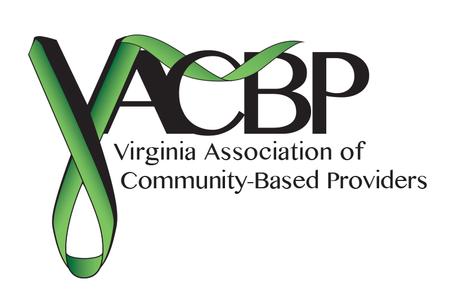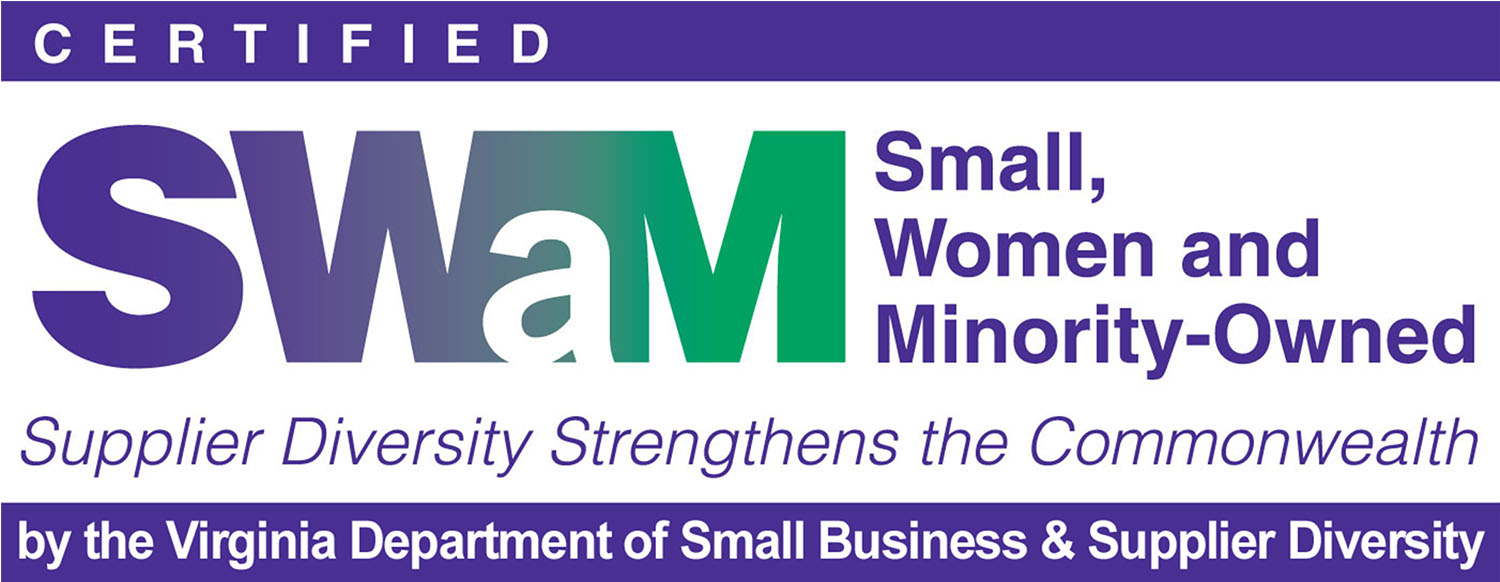
Social media has become an integral part of our daily lives, but its impact on mental health is a topic of much debate. While social media can connect us to others and provide a sense of community, it can also contribute to feelings of loneliness, anxiety, and depression. Parent of our clients are constantly asking about the potential impact of social media on mental health, including the ways in which it can be both helpful and harmful. Below are a few points that I discuss with my clients and their families.
Social media can be a powerful tool for social connection, allowing us to connect with friends and family, share our experiences, and find support. However, it can also contribute to feelings of FOMO (fear of missing out), comparison, and negative self-image. Social media can create an unrealistic and idealized view of other people's lives, which can contribute to feelings of inadequacy and low self-esteem. I suggest to clients that most social media users do not post their average or bad days but all of us have them.
Social media can also be a source of stress, as we feel pressure to constantly stay connected and respond to messages and notifications. This constant stimulation can be overwhelming and contribute to feelings of anxiety and burnout.
To mitigate the potential negative impact of social media here are 5 ways to help you or your child develop healthy social media usage habits.
1. Set Time Limits: Allocate specific times for social media use and stick to them. Many smartphones have built-in features to track and limit screen time, helping you to be more mindful of your usage.
2. Curate Your Feed: Follow accounts that inspire, educate, or bring you joy, and unfollow or mute accounts that cause stress, comparison, or negativity. This helps create a more positive online environment.
3. Practice Mindful Engagement: Be intentional with how you interact on social media. Engage with content that adds value to your life and avoid mindless scrolling. Consider why you’re posting or responding and how it aligns with your values. Remember, the algorithms will show you more like accounts when you like or comment.
4. Take Regular Breaks: Schedule social media detoxes, whether it’s a few hours, a full day, or a weekend. Use that time to reconnect with offline activities, like hobbies, exercise, or spending time with loved ones. Family game nights, cooking together or taking a walk together are all fun and healthy ways to connect.
5. Prioritize Real-life Connections: Focus on nurturing in-person relationships over virtual ones. Make an effort to engage in face-to-face conversations, which can help balance your social interactions and reduce the reliance on social media for connection.
These practices can help create a healthier relationship with social media, promoting well-being and balance.
Until Next Time,
Euronda Travis, LPC, LSATP





